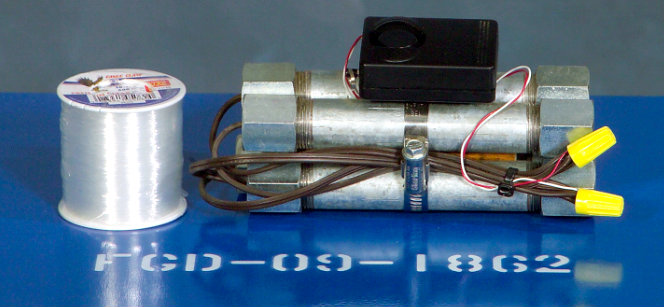


Accessibility tools
Service tools
Language selector
Navigation path
Left navigation
Additional tools
20 November 2012

The European Parliament has voted on new legislation to restrict access to chemicals that can be used to make bombs. With 595 for, 12 against and 14 abstentions, the Parliament supported the proposal of the European Commission to ensure the same level of control over certain chemicals all over the EU.
Commenting on the parliamentary vote, EU Home Affairs Commissioner Cecilia Malmström said:
"Today, it is simply too easy to become a bomb maker in Europe. We know that home-made explosives are frequently used by terrorists and organised crime, since dangerous chemicals are freely available for purchase. We must do more to detect lone-wolves who mastermind terror from their homes, using these common agricultural and household substances."
The new legislation restricts access to high concentrations of certain chemicals, both for over-the-counter purchases and via online stores. The legislation will require buyers to get a license in order to buy large quantities, and that such purchases must be reported to the authorities. Some substances, such as hydrogen peroxide, nitric acid and nitromethane – commonly used as fertilisers or swimming pool cleaners - will be banned for the general public above a certain concentration level. The concentration of others will have to be reduced.
"Legislation is not a silver bullet against these crimes, but common rules for dangerous chemicals is an important step in the fight against home-grown terrorism and home-made bombs", Cecilia Malmström said.
The vote in the European Parliament paves the way for a formal adoption by the ministerial Council in December so that the Directive can become law.
Read the full statement by Cecilia Malmström. Background information about how these types of chemicals are used by terrorists can be found here. The European Parliament website has more info on this week's vote.